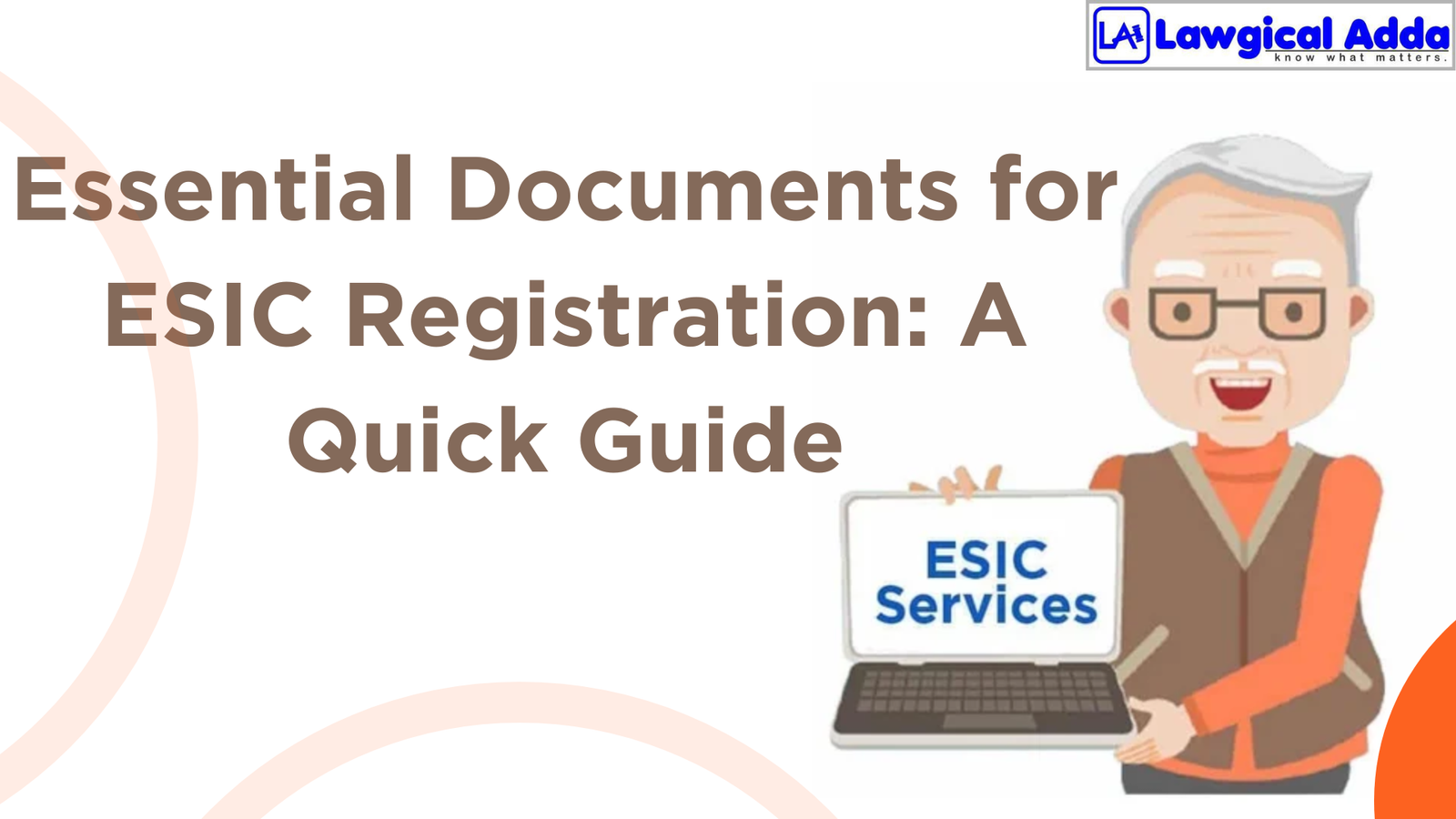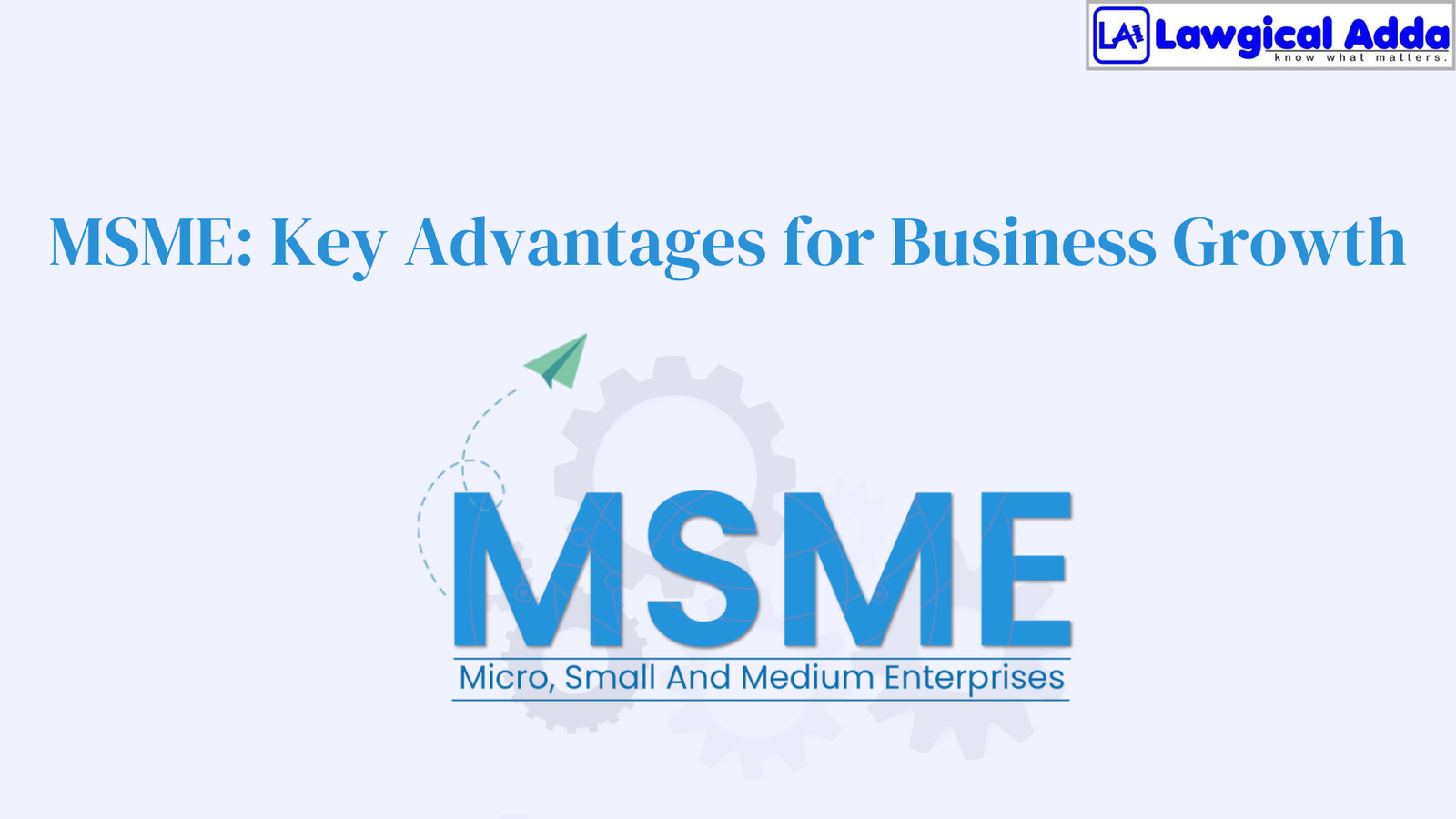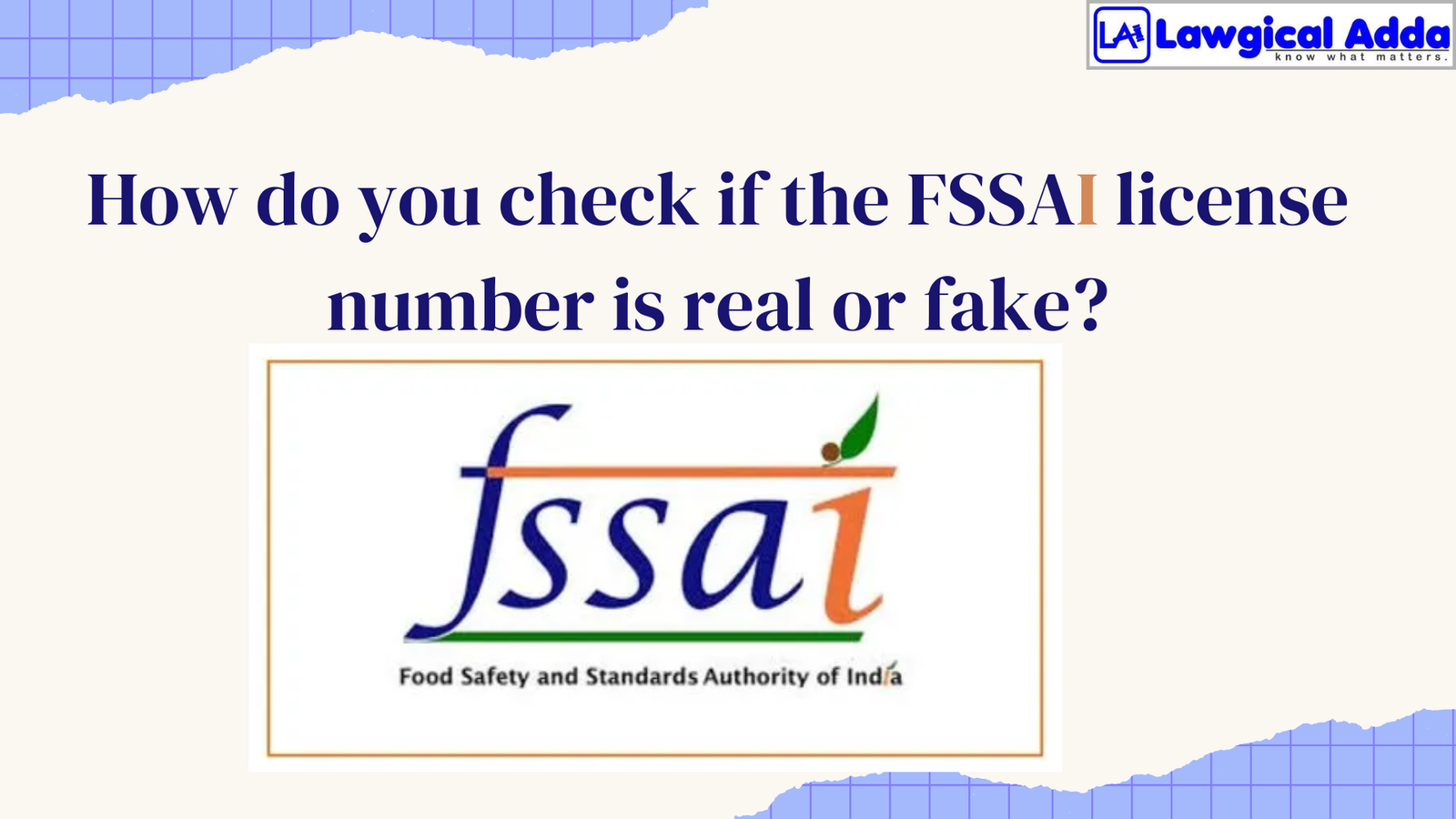Essential Documents for ESIC Registration: A Quick Guide

Table of Contents
Introduction
Employee State Insurance, or ESI, is overseen by the Employee State Insurance Corporation (ESIC), a legally recognized independent organization within the purview of the Indian government’s Ministry of Labor and Employment.
The Indian workforce was given access to the ESI system. Under the ESI Act, employees get a wide range of financial, medical, and other benefits from contributions made to the ESI program by both the employer and the employee.
Qualifications for ESIC Registration
Any non-seasonal factory or firm with more than ten employees (up to twenty in certain states) and a maximum wage of Rs. 21,000/-must register with the ESIC within fifteen days of the date the policy goes into effect.
Following this plan, the employee merely needs to contribute 0.75% of his monthly wage each month of the year. In comparison, the employer must contribute 3.25% of the entire monthly salary payable to the employee. The employee is only excused from paying his contribution if his daily wage is less than Rs. 176.
Entities Included in ESIC
The following entities are covered by Section 1(5) of the ESI Act, according to the government notification:
- Shops.
- Motels or restaurants with a sales-only focus.
- Cinemas.
- Motor transport establishments on the road.
- Newspaper establishments—which the Factory Act does not protect.
- Private healthcare facilities.
- Private schools.
- The owner or employer of any establishments mentioned above that employ ten or more people must register the business with the ESIC.
Which Documents Are Necessary for India’s ESI Registration?
Employers must complete the ESI registration process to guarantee the welfare of their workforce. The following paperwork must be submitted to start the ESI registration procedure in India:
- Certificates of Registration under Relevant Acts
The registration certificate obtained through the Factories Act or the Shops & Establishment Act is a essential document needed for ESI registration in India. In the event of an LLP, corporation, or partnership, the necessary partnership deed and registration certification must be provided.It is also necessary to supply the association’s memorandum and articles of association.
- Personnel Information
A detailed list of every person currently employed by the company is another essential document needed for ESI registration in India. This inventory ought to consist of the following:
- Name
- Name of the guardian
- Phone number
- Birthdate (DOB)
- Date of appointment Pay information Address
- Details about the nominee
- Proof of identity for the job (such as PAN or Aadhaar)
- Number of bank account
- Register of Employees
An adequately kept record of employee attendance.
- PAN Card for the Company
A duplicate of the company’s Permanent Account Number card.
- GST Enrollment
One of the essential documents needed for ESI registration in India is a scanned copy of the Goods and Services Tax (GST) registration license.
- Financial Data
A check that was canceled from the business’ bank account.
- Digital sign
Digital signatures, according to the organization’s structure, of the pertinent director, partner, or owner.
- Director Details
A list of every active director employed by the company right now.
- Information about Shareholders
The information about current stockholders is yet another essential document needed for ESI registration in India.
- Proof of Address
Provide evidence for important participants, like directors and partners.
- Contact Details
Email addresses and phone numbers of the organization’s directors or partners.
What Advantages Does ESI Registration Offer?
Benefits of Sickness
When an employee’s illness lasts longer than 91 days in a year, they are entitled to 70% of their wage in sick pay, verified.
Medical benefits
The insured individual and his dependents receive medical benefits. From the moment an individual starts work that qualifies for insurance, they and their family members are entitled to complete medical care.
The amount spent on an insured person’s or his family member’s care has no upper limit. Retired and chronically disabled insured individuals, along with their spouses, are eligible for medical care upon payment of a nominal annual premium of Rs. 120/-.
Benefits of Maternity
Women receive paid time off as part of their maternity benefits. The three-month maternity benefit for confinement or pregnancy is renewable for an additional month upon medical advice at the full salary rate, subject to contribution for 70 days in the previous year.
Employee Demise
If an employee passes away while employed, their family will receive 90% of the insured person’s pay.
Funeral Costs
If an employee covered by ESIC passes away, funeral costs are covered. Payable on the first day of entering an insurable job, an amount of Rs. 10,000/-is due to the person performing the last rites or to their dependents.
Benefits of Retirement
Benefits and medical care are given in old age or after retirement.
Benefits for Lifelong Disability
90% of the insured person’s wage is given to him each month as an insurance payout if he becomes permanently disabled.
Benefits for Unemployment
When an insured person loses their job, they are entitled to unemployment compensation if they have had their insurance for longer than three years. Suppose an insured person becomes unemployed after three or more years of insurance coverage owing to a factory or establishment closure, retrenchment, or permanent incapacity. In that case, they are eligible for unemployment benefits under the Rajiv Gandhi Shramik Kalyan Yojana.





